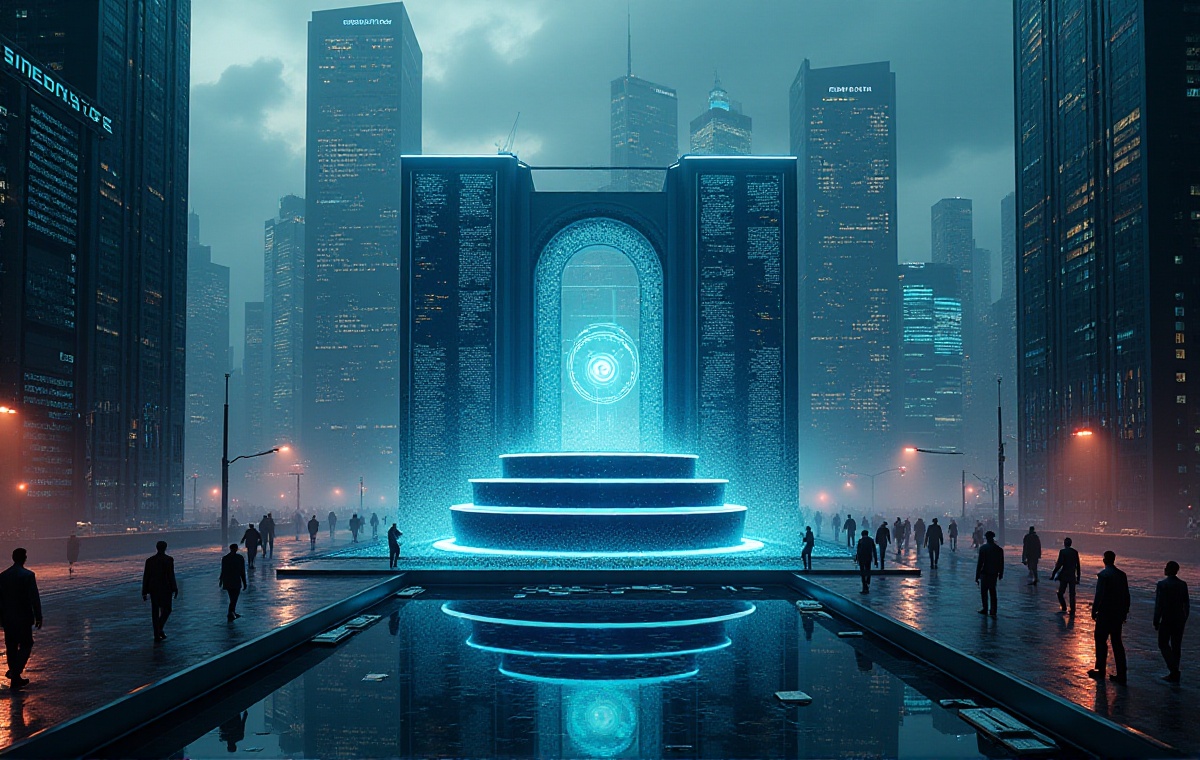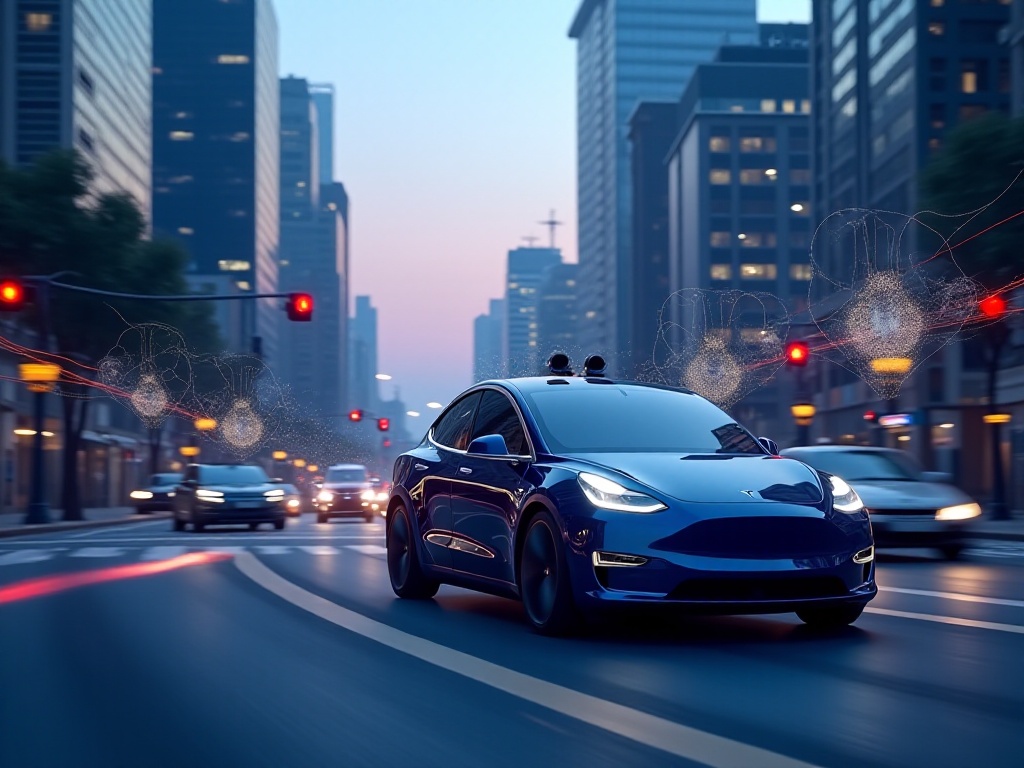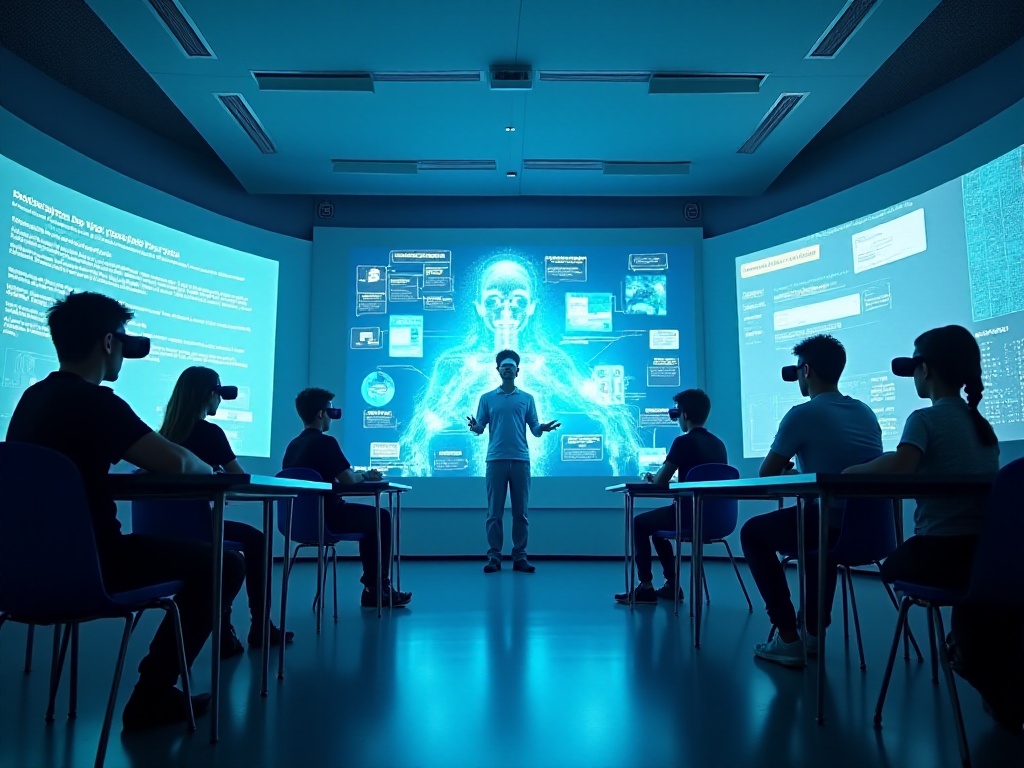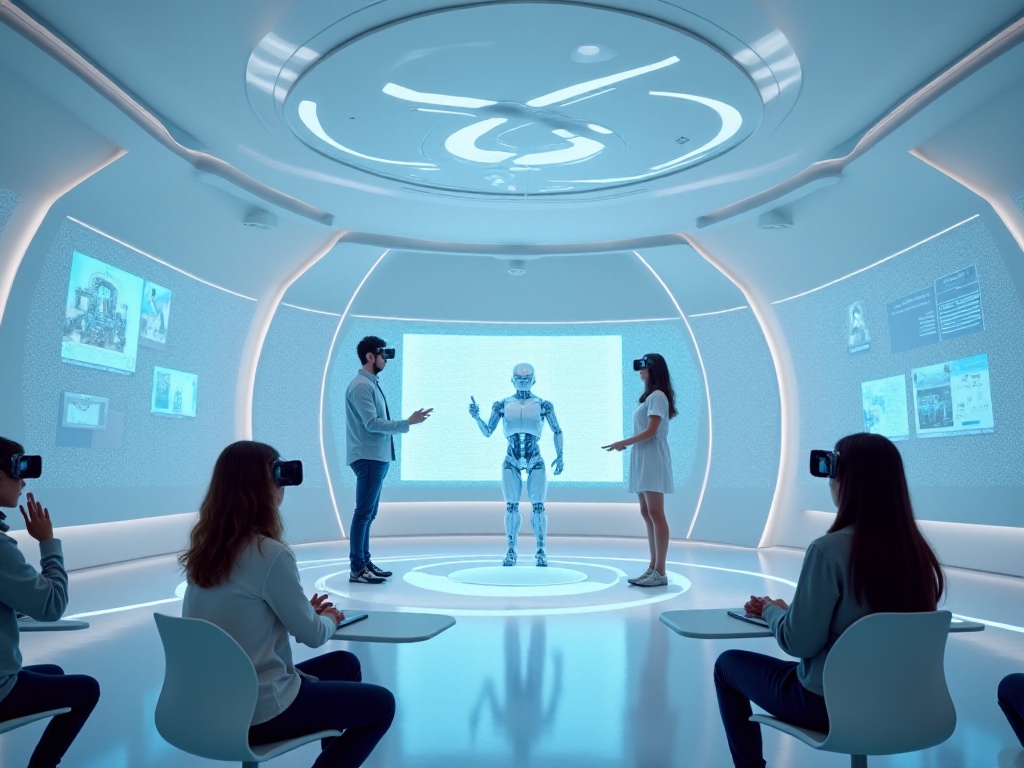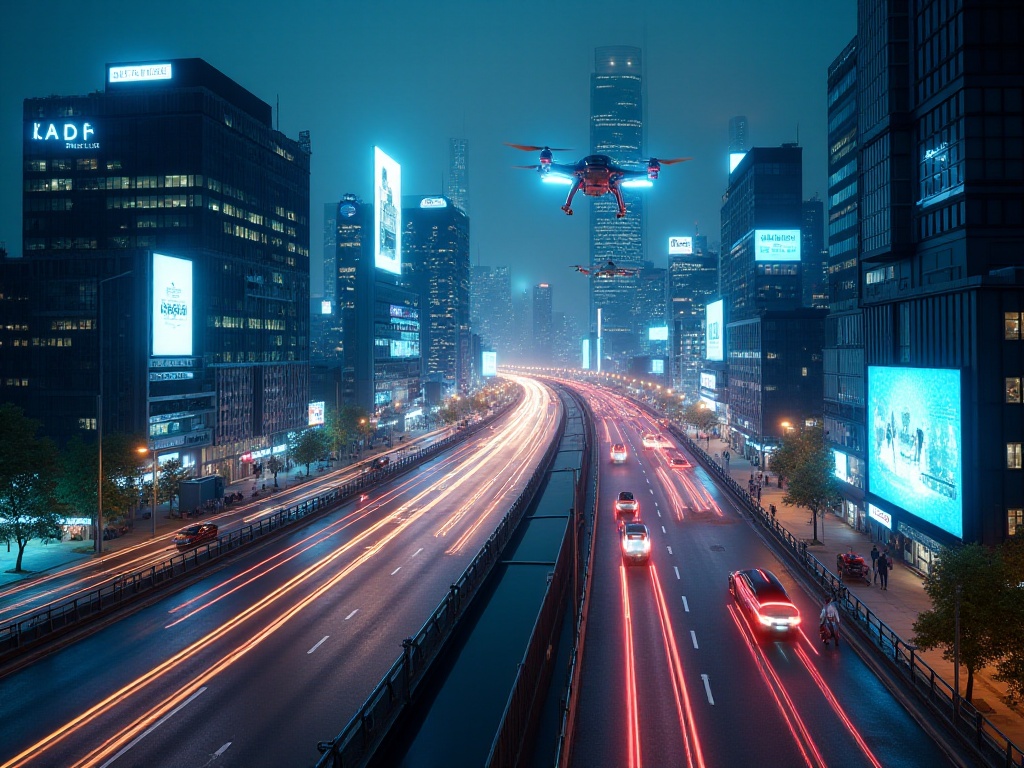Opening Words
To be honest, I was really tired of my previous hectic lifestyle. Every morning I had to set multiple alarms manually, fearing I would oversleep; before going out I had to check the weather, worried about sudden rain without an umbrella; going to a new place required studying the route in advance, afraid of getting lost. Though none of these tasks were difficult, doing them every day was really annoying.
Until last year, when I started trying various AI smart assistants, I discovered that life could become so much easier. Looking back now, that transformation from tedious to efficient feels like experiencing a technological revolution.
From Novice to Expert
When I first encountered AI smart assistants, I was quite resistant. I always felt these high-tech things would be difficult to master and worried I couldn't handle them. But after actually experiencing them, I found that today's AI assistants have truly achieved "zero barriers."
I remember feeling quite awkward the first time I tried a voice assistant, thinking it was strange talking to my phone. But when I said my first "good morning," the assistant immediately reported today's weather, thoughtfully reminded me about an important afternoon meeting, and even planned the best route to the office, avoiding the most congested sections during rush hour. At that moment, I truly realized the charm of technology.
Now I'm completely used to interacting with AI assistants every day. In the morning, it decides when to wake me based on my sleep quality; before leaving home, it reminds me to bring an umbrella or wear warm clothes; before meetings, it automatically organizes the files I need. This kind of meticulous service makes me feel like I have a 24/7 personal assistant.
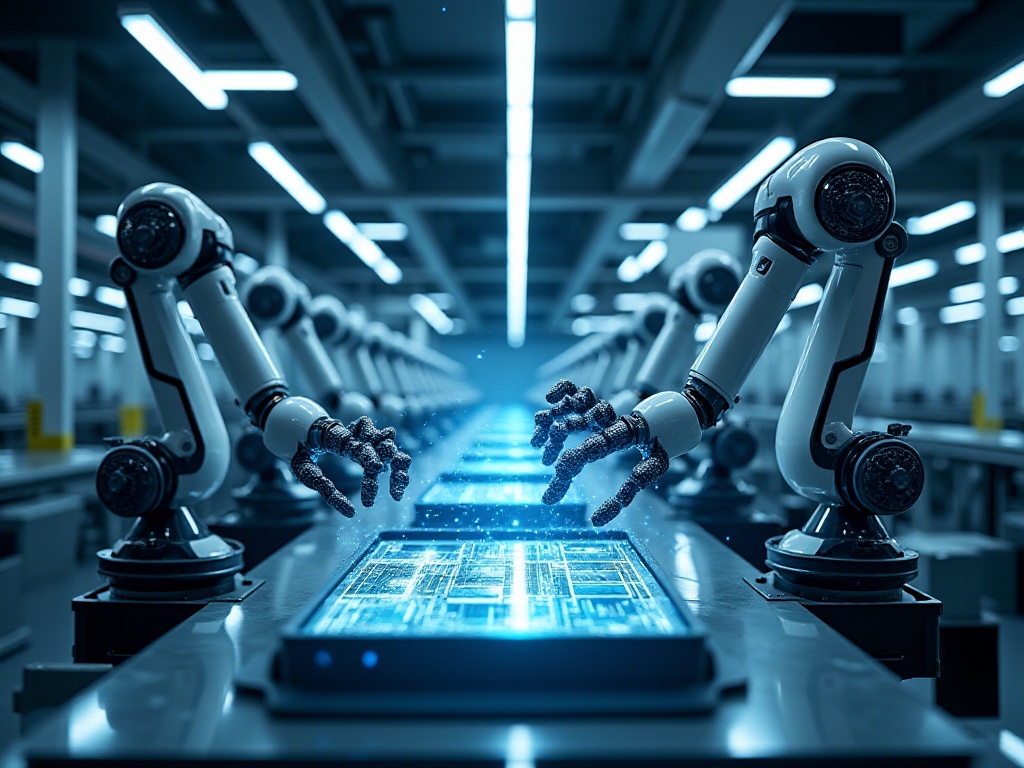
New Smart Experiences
Speaking of the changes AI has brought me, the most direct one is the smartification of home life. When I first installed the smart thermostat, I wondered how smart it could really be. Surprisingly, it not only automatically adjusts temperature according to my schedule but also learns my temperature preferences. For instance, it noticed I prefer slightly cooler temperatures when sleeping, so it automatically lowers the temperature by a degree or two before bedtime.
More amazingly, it can predict adjustments based on outdoor temperatures. If the forecast shows tomorrow will be colder, it will increase indoor temperature in advance. Such details really demonstrate what "smart" means. Moreover, statistics show that using smart thermostats can help households save 20-30% in energy consumption, which is beneficial for both environmental protection and saving money.
Speaking of home smartification, my robot vacuum is also amazing. It doesn't just automatically clean but truly "thinks." It remembers the room layout, knows which areas tend to collect dust and need special attention. Once when I spilled some potato chip crumbs in the living room, it immediately planned the optimal cleaning route and cleaned the floor spotlessly in no time.
Even more impressive is that today's robot vacuums can interact with other smart devices. For example, it automatically starts cleaning after I leave home, and sends me a summary report afterward, telling me how much area was cleaned and whether the dustbin needs emptying. This kind of meticulous care really shows that technology changing life isn't just empty talk.
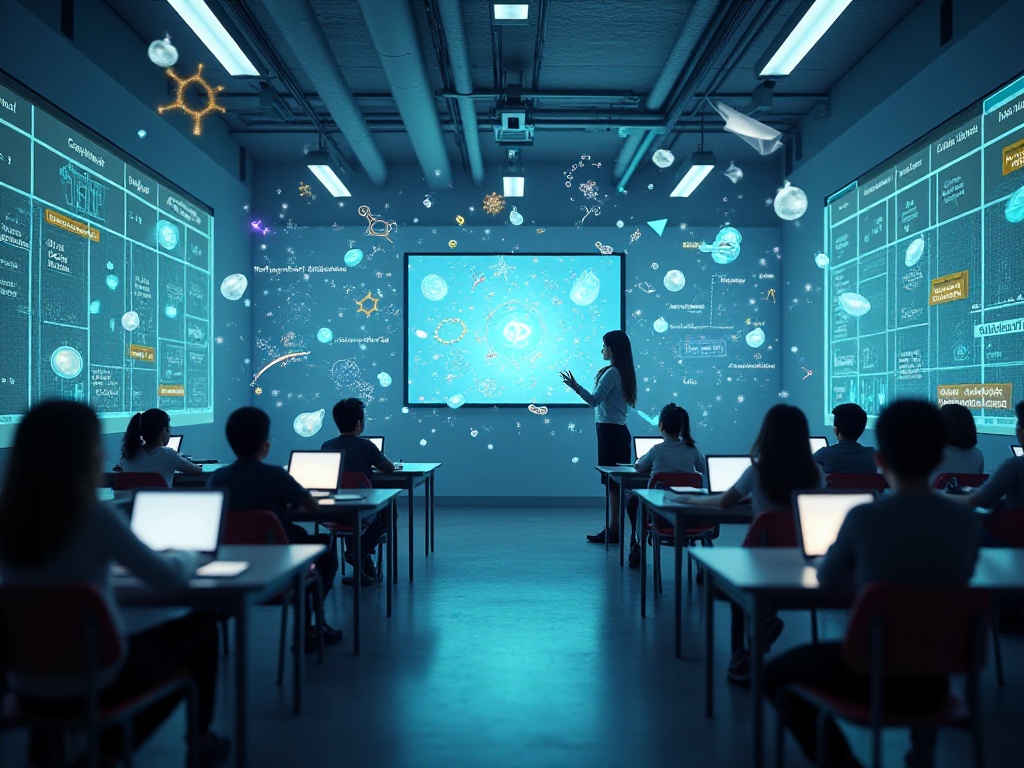
New Ways of Learning
In terms of learning, AI's introduction has truly opened new doors for me. I remember learning English before, either memorizing textbooks by rote or forcing myself to watch English videos. Now with AI learning platforms, learning has become much more interesting.
For example, the AI English learning platform I'm using now adjusts course difficulty based on my daily performance. If it notices I'm not grasping certain grammar points well, it arranges more related exercises. It also selects learning content based on my interests. Knowing I like American TV shows, it uses scenes from them to teach me daily conversations. This personalized learning experience has helped me improve my English rapidly.
In writing, AI's help is also quite powerful. I used to struggle expressing myself in reports, but now with AI writing assistants, they not only check grammar errors but also suggest more idiomatic expressions. Sometimes when I run out of ideas while writing, it can provide new perspectives based on the context.
What delights me most is that AI can help with note-taking. Previously, after meetings or reading books, I had to organize key points from scratch. Now I just need to record with the AI assistant, and it automatically extracts key information and generates well-structured notes. This not only saves time and effort but also lets me focus more on understanding and thinking.
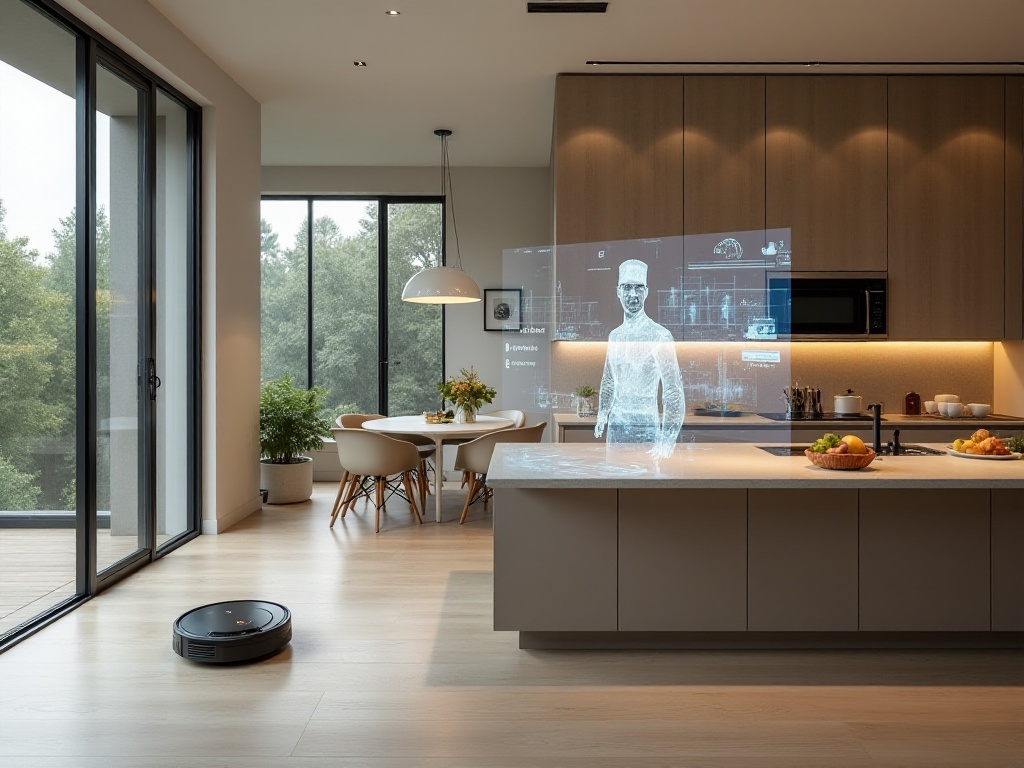
Business Intelligence
Speaking of AI applications in business, it's truly impressive. Today's shopping platforms use AI for personalized recommendations with frighteningly high accuracy. Once when I looked at a trench coat on a platform, it not only recommended matching scarves and boots but also suggested complete outfit combinations based on my clothing style. More impressively, it even considers local weather and seasons when recommending items.
In business forecasting, AI's performance is even more amazing. Many companies now use AI for equipment maintenance prediction. For example, some manufacturing companies use AI to monitor production line equipment conditions, predicting potential failures in advance for timely repairs. This predictive maintenance not only reduces equipment failure rates but also greatly reduces maintenance costs.
I've heard some retail companies use AI to predict sales trends. They analyze multiple factors including historical sales data, weather conditions, and holidays to predict sales volumes for different products. This helps better manage inventory, avoiding both stockouts and excess inventory. Statistics show this smart prediction can help companies increase sales by 15-20%.
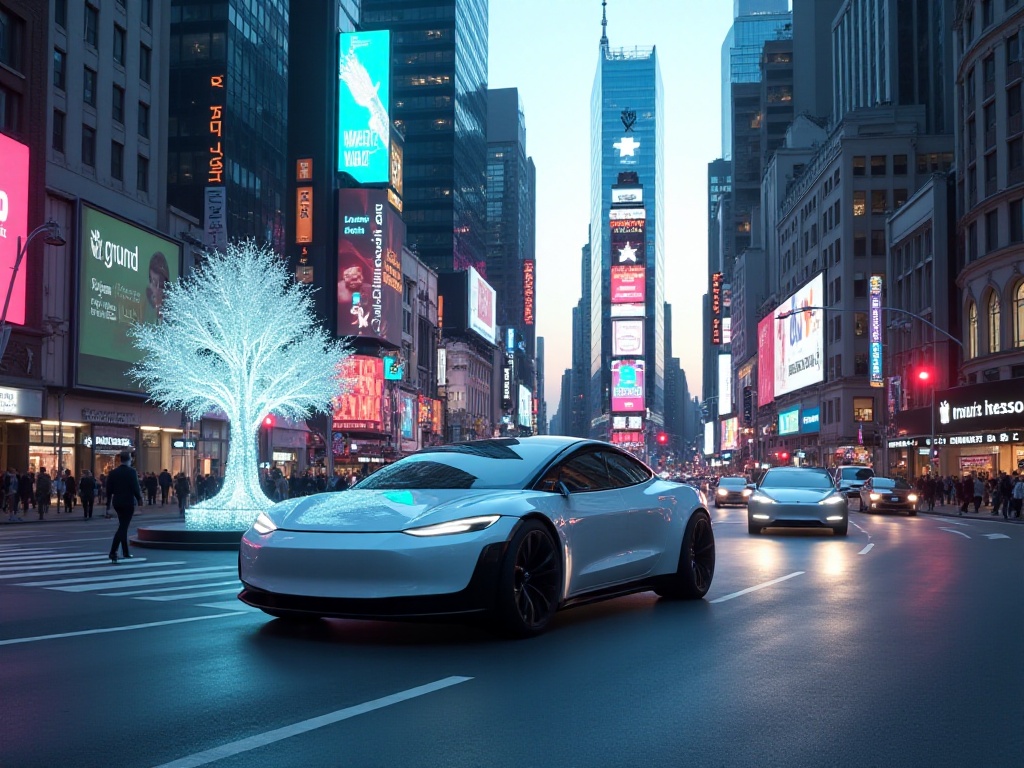
Security Protection
In terms of security, AI applications are also very widespread. Many banks now use AI systems to monitor transactions and prevent fraud and unauthorized charges. These systems analyze each transaction in real-time and immediately alert if anything unusual is detected.
I experienced this myself once when my bank card received a notification of an out-of-area transaction late at night, but the AI system immediately identified it as a suspicious transaction, froze my card, and sent a warning message. It was later confirmed that someone was attempting to use my card fraudulently, and thanks to the AI system's timely warning, losses were avoided.
Besides financial security, AI has many applications in life safety. For example, many residential communities now have AI smart surveillance systems that can identify suspicious persons and behaviors, providing early warnings of potential security risks. Some smart home systems can detect gas leaks or unusual sounds and promptly notify residents and property management. These applications make our lives more secure.
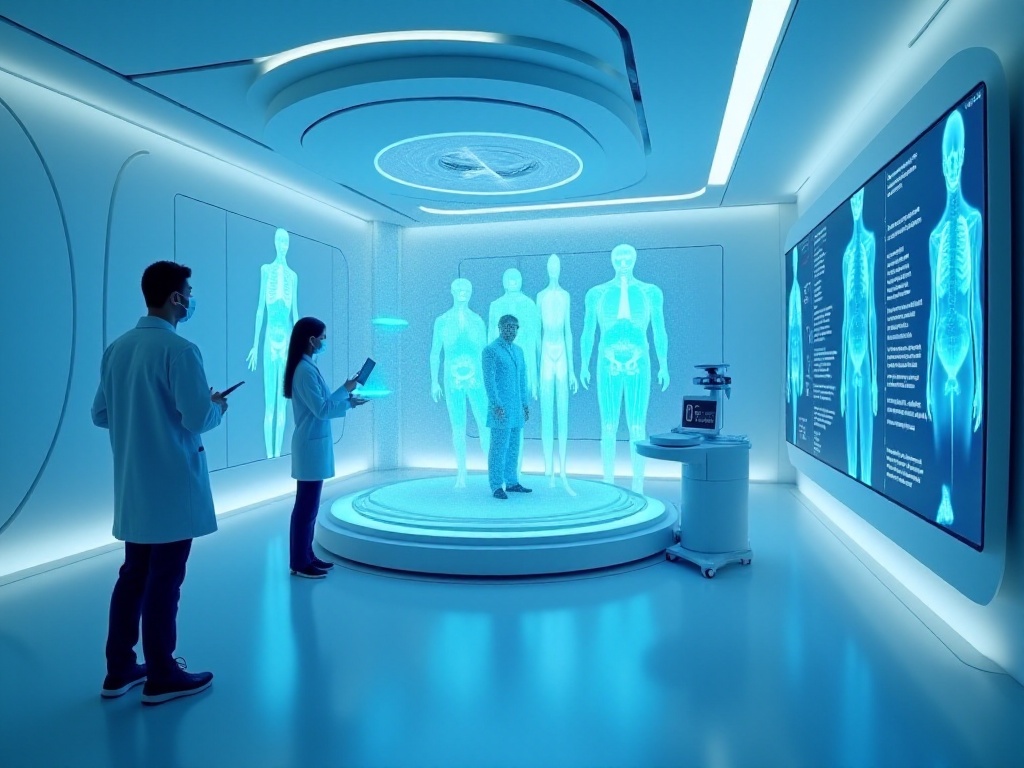
Future Outlook
Watching the rapid development of AI technology, I'm full of expectations for the future. Self-driving car tests are already underway, and although not yet perfect, I believe we'll be able to experience fully autonomous driving convenience in the near future.
Imagine in the future we might just need to tell our car "go home," and it will automatically plan the optimal route, adjust in real-time based on traffic conditions, and even help us order dinner on the way. Such scenarios might soon become reality.
Besides autonomous driving, I think AI will have more breakthroughs in healthcare. AI can already assist in diagnosis through medical image analysis, and in the future, there might be more personalized health management solutions. For example, AI could provide precise health advice based on our lifestyle and physical condition, even predicting potential health issues.
Final Thoughts
Looking back on my year of using AI, I've truly experienced the enormous changes technology has brought to life. Although some people still worry AI will replace humans, from my experience, AI is more like our helpful assistant, freeing us from tedious daily tasks so we have more time and energy for truly important things.
Take me for example, since using various AI assistants, not only has my work efficiency improved, but my quality of life has also increased significantly. Previously I was always troubled by various trivial matters, now I can focus more energy on self-improvement and spending time with family. Isn't this the true meaning of technological progress?
I'm particularly eager to hear everyone's AI usage stories. Do you also have some good AI applications to recommend? Or what are your thoughts about AI's future? Welcome to share your experiences and ideas in the comments. Let's discuss together how to better use AI to make life easier, smarter, and more interesting.



